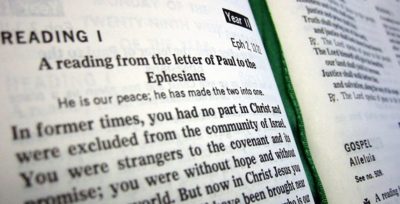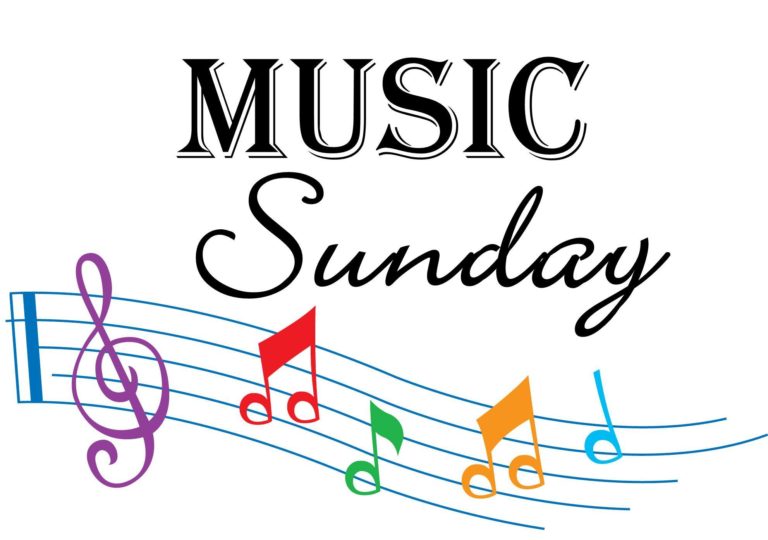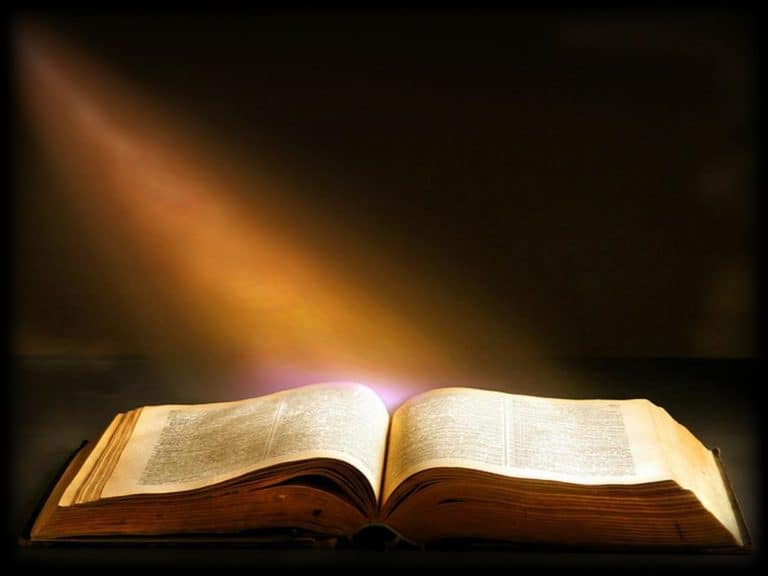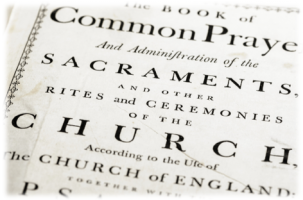Advent III musical notes
MUSIC NOTES
Prelude Wachet auf J. S. Bach
Introit (choir) Rejoice in the Lord alway: and again I say, rejoice. let your moderation be made known untion all Men: the Lord is at hand. Be careful for nothing: but in everything by prayer and supplication with thanksgiving let your requests be made known unto God. Lord, Thou hast been favorable unto Thy land; Thou hast brought back the captivity of Jacob.
Offertory (choir) Lord, Thou hast been favorable unto Thy land; Thou hast brought back the captivity of Jacob. Thou hast forgiven the iniquity of Thy people.
Magnificat Joseph Bonnet
Postlude Creator alme siderum J. S. Bach
During Advent, we will sing from the oldest musical setting of the liturgy of the Book of Common Prayer. Adapted from Gregorian chant, this was composed in 1549 by John Merbecke, organist at St. George’s Chapel at Windsor Castle. In addition, the choir will chant the Introit and Offertory sentences from the Propers (liturgy that changes each Sunday).
The Offertory, the canticle known as the Magnificat (the Latin word for “magnify”) is from Luke 1: 46-55. It is the response of Mary during her visit to her cousin Elizabeth, whose knew of the significance of the Christ Child. It is sung to a Psalm tone alternating with variations on the tone by the French composer Joseph Bonnet (1884-1944), organist of St. Eustache in Paris.
Approximately two-thirds of the organ works of Johann Sebastian Bach (1685-1750) are preludes on the chorales (hymns) of the Lutheran Church. His setting of Hymn #3 is his own arrangement of a movement from his cantata (#140) on this hymn. “Wachet auf” is a hymn whose text and tune were composed in 1599 by Philip Nicolai, a German Lutheran pastor. The chant “Creator of the stars of night” (Hymn #6) is the basis for Bach’s short prelude with the tune in the soprano.






